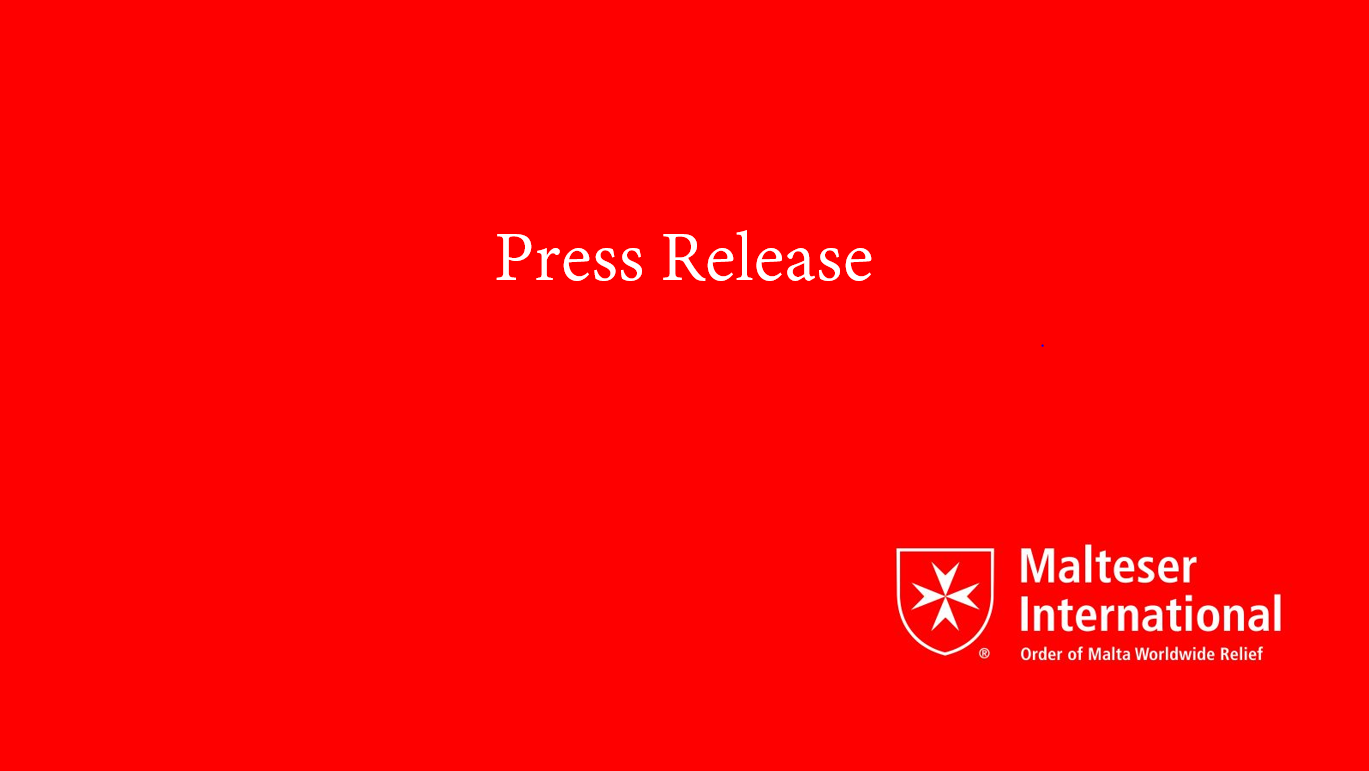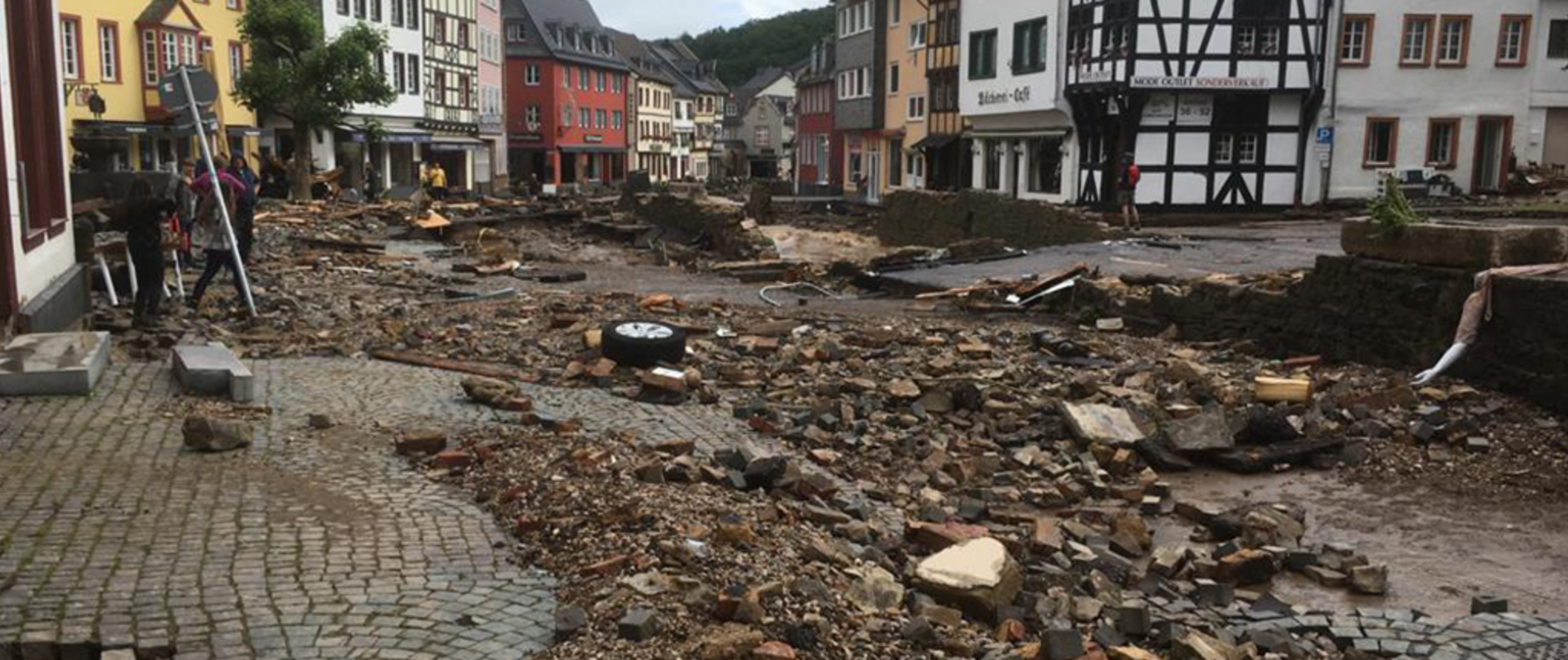Americas
Board Member Marissa del Rosario-Blackett Delivers Speech to the Third Committee Concerning the Rights of Indigenous Peoples
New York– On October 11, 2023, as Counsellor of the Sovereign Order of Malta’s Permanent Observer Mission to the United Nations, Marissa del Rosario-Blackett delivered an intervention on the rights of indigenous peoples, stressing their crucial role in promoting justice, environmental sustainability, and global harmony. She highlighted the historical challenges they face, including discrimination and land dispossession, while recognizing their importance as stewards of ecological knowledge for sustainable resource management, biodiversity preservation, and climate change mitigation. Ms. del Rosario-Blackett emphasized the role of indigenous communities in climate change adaptation, advocating for the integration of their knowledge into global responses. She also addressed the pandemic’s disproportionate impact on indigenous communities and highlighted the work of Malteser International Americas with the Wayuu people in Colombia and Venezuela. Ms. del Rosario-Blackett emphasized the link between indigenous well-being and planetary health, advocating for environmental stewardship and social justice. Below is a link with Counsellor del Rosario-Blackett’s video and transcript, generously provided by the UN Mission of the Sovereign Order of Malta:
Transcript:
Mr. Chairman, Excellencies, and Distinguished Colleagues,
We know that the promotion of the rights of indigenous peoples is a matter of justice, environmental sustainability and global harmony.
Indigenous communities have endured systematic discrimination, repudiation and dispossession of their ancestral homes and resources. Yet, their traditional knowledge and practices have made them essential stewards of valuable ecological knowledge, contributing to sustainable resource management, biodiversity preservation, and climate change mitigation.
Those who reside in areas most vulnerable to global warming and environmental degradation have been in the frontlines of climate change impact and have gained valuable insights into adaptation and mitigation strategies. Our response to climate change, therefore, must include their knowledge and sustainable practices.
It is our responsibility to support them in their pursuit for self-determination, cultural preservation and the protection of their ancestral lands.
Furthermore, the COVID-19 pandemic has disproportionately increased the vulnerabilities of indigenous communities. It is also our responsibility to ensure that targeted policies are implemented to address the existing inequalities in their access to healthcare, education and economic opportunities. In this regard, since 2014, the humanitarian relief division of the Sovereign Order of Malta, Malteser International Americas, has worked tirelessly with the Indigenous Wayuu people in northern Colombia, whose ancestral lands stretch across both Colombia and Venezuela. During the COVID pandemic, they conducted training on water, sanitation, hygiene (WASH) and repaired water tanks. Through mobile health brigades, they provide quality health care and nutrition to children under 5 and pregnant mothers, addressing the alarming child malnutrition rates in the region. In addition, as part of their commitment to capacity building within grassroots indigenous organizations, Malteser International Americas established the first mental health clinic, the Centro Basico de Salud Mental in partnership with IPSI Anashiwaya. By empowering these communities to lead their own success, Malteser International Americas is fostering lasting and sustainable development. This approach aligns with the UN Declaration of the Rights of Indigenous Peoples, which emphasizes the importance of informed consent on matters that affect indigenous communities.
The well-being of the indigenous peoples is intrinsically linked to the well-being of our planet. We must not only recognize their environmental stewardship, but in doing this, it is imperative that we advance their human rights and their demand for social justice.
I thank you, Mr. Chair.


